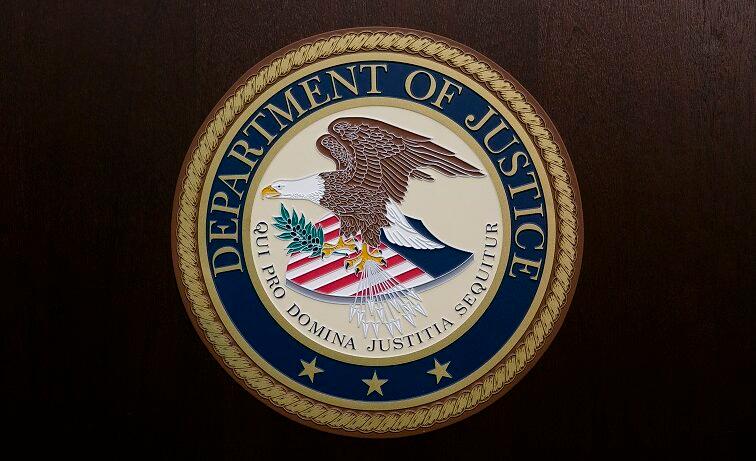A Justice Department internal review has identified that the FBI had made “material errors and omissions” in two surveillance warrant applications, according to a newly unsealed court filing.
The errors were disclosed to the Foreign Intelligence Surveillance Court (FISC) in a redacted 54-page filing made on April 3. The filing, which was made public this week, lays out the steps the DOJ and FBI had taken to address issues in the accuracy of surveillance applications and the credibility of confidential human sources that are relied on in an investigation.




